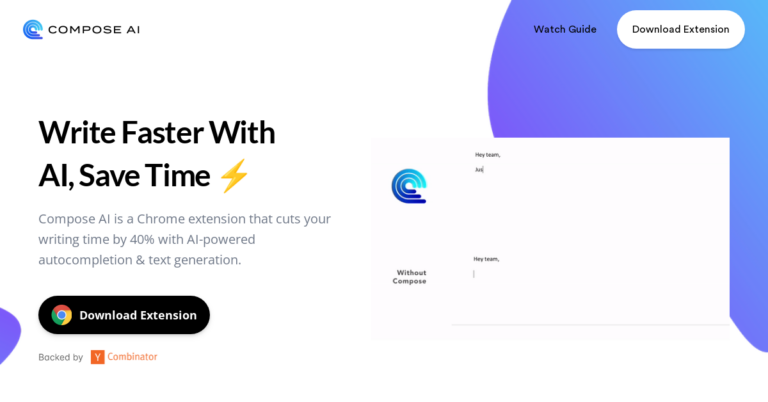Revolutionizing Business Operations: The Power of AI Tools
Summary:
Artificial Intelligence (AI) is a rapidly growing technology that is transforming the way businesses operate. AI tools can automate routine tasks, analyze large amounts of data, and provide insights that can help companies make better decisions. In this article, we will explore the advantages of using AI tools to revolutionize business operations.
Table of Content:
1. Introduction
2. What is AI?
3. Advantages of AI in Business Operations
4. AI Tools for Business Operations
5. Case Studies
6. Future of AI in Business Operations
7. Recap
8. Conclusion
Introduction:
The business world is becoming increasingly complex, and companies are constantly looking for ways to improve their processes and stay ahead of the competition. AI technology has proven to be a game-changer, with the potential to revolutionize business operations. AI tools can help businesses automate tasks, analyze data, and provide valuable insights that can lead to better decision-making.
What is AI?
AI is a technology that allows machines to learn and perform tasks that traditionally require human intelligence. It involves the use of algorithms and statistical models to analyze data and make predictions or decisions. AI can be divided into three categories: supervised learning, unsupervised learning, and reinforcement learning.
Advantages of AI in Business Operations:
AI has several advantages when it comes to improving business operations. It can automate routine tasks, such as data entry or customer service, freeing up time for employees to focus on more strategic tasks. AI can also analyze large amounts of data quickly and accurately, providing insights that can help companies make better decisions.
AI Tools for Business Operations:
There are several AI tools that businesses can use to improve their operations. These include chatbots, which can answer customer inquiries and provide support 24/7, and virtual assistants, which can automate tasks such as scheduling meetings or organizing emails. Other AI tools include predictive analytics, which can help businesses forecast demand or identify trends, and natural language processing, which can analyze customer feedback and sentiment.
Case Studies:
Several companies have already implemented AI tools to revolutionize their operations. For example, Coca-Cola used AI to optimize its supply chain, resulting in a 30% reduction in inventory and a 20% improvement in on-time deliveries. Amazon uses AI to recommend products to customers, resulting in a 29% increase in sales. And UPS uses AI to optimize its delivery routes, resulting in a 10% reduction in fuel consumption.
Future of AI in Business Operations:
The future of AI in business operations is exciting. As the technology continues to evolve, we can expect to see even more advanced AI tools that can automate complex tasks and provide even deeper insights. AI will also enable businesses to personalize their offerings to individual customers, creating a more personalized experience.
Recap:
AI tools can revolutionize business operations by automating routine tasks, analyzing data, and providing valuable insights. Chatbots, virtual assistants, predictive analytics, and natural language processing are just a few examples of the AI tools that businesses can use to improve their operations. Several companies have already implemented AI tools to optimize their operations, and the future of AI in business operations is promising.
Conclusion:
AI technology has the potential to revolutionize the way businesses operate. By using AI tools to automate tasks, analyze data, and provide insights, businesses can improve their processes and stay ahead of the competition. As the technology continues to evolve, we can expect to see even more advanced AI tools that will further transform the business world.
#Revolutionizing #Business #Operations #Power #Tools


